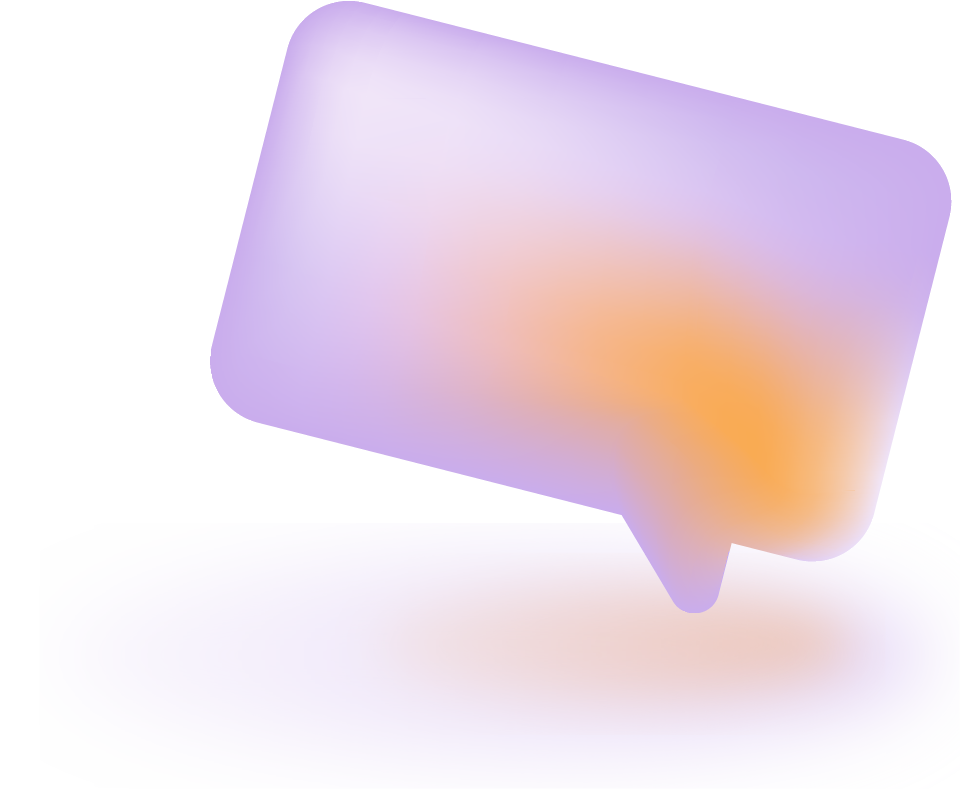Information hub
Welcome to our Information Hub! This is your place to find helpful tips and facts about kidney health. We’ve gathered easy-to-understand resources so you can learn more and take better care of yourself.


About kidney diseases
FREQUENTLY ASKED QUESTIONS
What are the signs and symptoms of chronic kidney disease?
Symptoms of chronic kidney disease include fatigue, swelling in the ankles and feet, persistent itching, shortness of breath, nausea, and frequent urination, especially at night. However, the early stages of chronic kidney disease may not present any symptoms.
When should I see a doctor?
If you experience any persistent symptoms related to kidney disease or have known risk factors, it’s crucial to see a doctor. An early diagnosis can lead to more effective disease management.
What is the treatment for chronic kidney disease
Treatment for chronic kidney disease aims to slow the progression of kidney damage, typically by addressing its root cause. This can encompass, lifestyle modifications, and in severe cases, dialysis or kidney transplantation.
Are any patients prone to kidney disease?
Yes, individuals with conditions like diabetes, hypertension, or those with a family history of kidney disease, as well as older individuals, are at a higher risk of developing kidney disease.
What factors can increase my risk of chronic kidney disease?
Risk factors for chronic kidney disease encompass diabetes, high blood pressure, a family history of kidney disease, advanced age, heart disease.
Can chronic kidney disease affect my body?
Yes, chronic kidney disease can impact various body systems and functions:
- Fluid Retention: Leading to swelling in limbs and potential high blood pressure.
- Electrolyte Imbalance: Affecting minerals like potassium and calcium, impacting heart rhythm and bone health.
- Anemia: Due to reduced production of the hormone erythropoietin, affecting red blood cell count.
- Bone Disease: Resulting from imbalances in calcium and phosphate.
- Heart Issues: Increased risk of cardiovascular diseases.
- Weakened Immune System: Making infections more likely.
- Malnutrition: From appetite changes and digestive issues.
- Neuropathy: Causing numbness or weakness in limbs.
- Decreased Libido: Due to hormonal changes.
- Skin Problems: Like itching and dryness.
Effective management with regular check-ups can help mitigate these effects.
What can I do to reduce the risk of developing kidney disease?
To minimize the risk of chronic kidney disease, it’s crucial to maintain a healthy lifestyle. Regularly monitor and maintain optimal blood pressure and blood sugar levels, especially if you have conditions like diabetes. Emphasize a balanced diet, rich in fresh fruits and vegetables, while limiting salt, protein, and alcohol intake. Staying hydrated is essential, as is avoiding frequent use of over-the-counter painkillers. Refrain from smoking, maintain a healthy weight through regular exercise, and ensure routine medical check-ups. Lastly, be cautious of prolonged exposure to toxins, including certain chemicals and medications. Adopting these practices can significantly contribute to preserving kidney health.
What is the importance of impedance measurement in the context of renal disease?
Impedance measurement plays a pivotal role in renal disease by assessing body composition. It helps in determining fluid balance and tissue health, which are crucial for patients with kidney conditions. By monitoring changes in impedance, healthcare professionals can make informed decisions about treatment and hydration status.
Why do urinary stones develop?
Urinary stones form when there’s a concentration of minerals and salts in the urine. Factors like dehydration, certain diets, and some medical conditions can increase the risk. When these substances crystallize, they can clump together, leading to stone formation in the urinary tract.
How many types of urinary stones are there?
There are primarily four types of urinary stones: calcium stones (most common), struvite stones, uric acid stones, and cystine stones. Each type has its own causes and may require different treatment approaches.
How to avoid recurrence?
To prevent the recurrence of urinary stones, it’s essential to stay hydrated, reduce salt intake, and maintain a balanced diet. Depending on the stone type, specific dietary changes might be recommended. Regular medical check-ups and, in some cases, medications can also help in prevention.
Terminology
Nephrology
The branch of medicine that deals with the study, diagnosis, and treatment of diseases and conditions related to the kidneys.
Nephrologist
A medical doctor specialized in nephrology, focusing on the diagnosis and treatment of kidney diseases and conditions.
Dietician
A healthcare professional trained in nutrition and dietetics, who can provide advice on proper food choices to promote health and manage diseases.
Chronic kidney disease
(CKD) A long-term condition where the kidneys do not function properly, leading to a gradual loss of kidney function over time.
Kidney stone
This refers to the formation or presence of stones, specifically within the kidneys. These stones are hard deposits made of minerals and salts that form inside the kidneys. They can cause pain and may lead to complications if not treated. Kidney lithiasis is often synonymous with the term “kidney stones.”
Renal failure
This refers to the condition where the kidneys lose their ability to function effectively. It can be acute (sudden) or chronic (long-term). In severe cases, dialysis or a kidney transplant may be required.
Dialysis
A medical procedure that replicates the function of the kidneys by removing waste products and excess fluid from the blood. It’s commonly used for patients with advanced chronic kidney disease or renal failure.
Glomerulus
A network of tiny blood vessels in the kidneys where blood is filtered to form urine. Diseases affecting the glomerulus can impact kidney function.
Proteinuria
The presence of an abnormal amount of protein in the urine. It’s often a sign of kidney damage, as healthy kidneys do not allow a significant amount of protein to pass into the urine.
Other questions? We're here to help.
Taking that first step towards better kidney health can be overwhelming, but we’re here to guide you with expertise and care. Your well-being is our priority, and together, we’ll navigate this journey towards improved health and quality of life.
© 2025 Renal Care & Research
